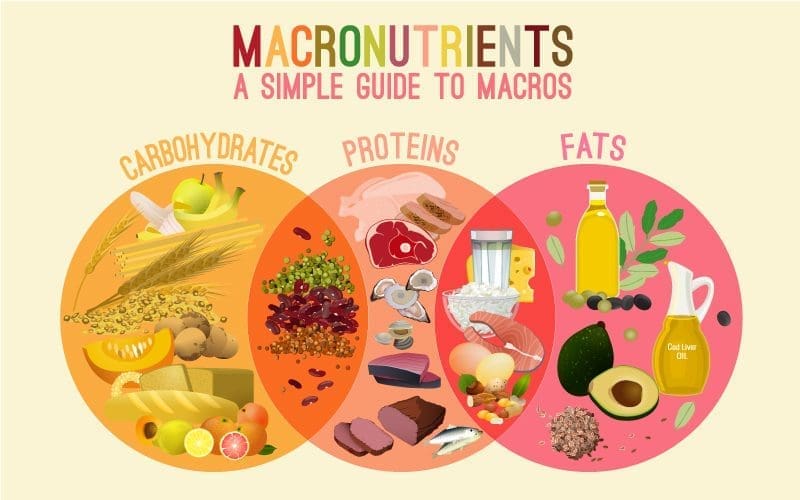Introduction:
Nutrition plays a vital role in our overall health and well-being. It fuels our bodies, provides essential nutrients, and helps prevent chronic diseases. However, the field of nutrition is often clouded with myths and misconceptions, making it challenging for individuals to navigate through the vast amount of information available. In this article, we will delve into the science of nutrition, debunking common myths and promoting evidence-based practices to foster optimal health.
Understanding Macronutrients:
Macronutrients are the foundation of our diet, providing us with energy and essential nutrients. They include carbohydrates, proteins, and fats. Despite their importance, misconceptions about these macronutrients persist.
Carbohydrates: Often misunderstood, carbohydrates are an essential source of energy for our bodies. However, not all carbohydrates are created equal. Whole grains, fruits, and vegetables provide important fibers and nutrients, while refined carbohydrates such as white bread and sugary snacks offer little nutritional value. The key lies in choosing complex carbohydrates that are minimally processed and rich in fiber.

Proteins: Proteins are vital for the growth, repair, and maintenance of body tissues. Many misconceptions surround protein intake, such as the belief that we need excessive amounts to build muscle. In reality, the recommended daily allowance (RDA) for protein is easily met through a balanced diet. Sources of lean protein include poultry, fish, beans, and tofu.
Fats: Fats are often demonized due to their high calorie content. However, not all fats are harmful. Monounsaturated and polyunsaturated fats, found in foods like avocados, nuts, and olive oil, are beneficial for heart health. On the other hand, saturated and trans fats, present in fried and processed foods, can increase the risk of cardiovascular diseases. Moderation and choosing healthy fats are key.
Debunking Diet Myths:
In the world of nutrition, myths abound. Let’s debunk some of the most common ones:
Myth 1: “Eating fat makes you fat.” This myth stems from the misconception that dietary fat automatically translates to body fat. The truth is that excess calories from any macronutrient can lead to weight gain. A balanced diet that includes healthy fats, in moderate amounts, is crucial for overall health.
Myth 2: “All calories are the same.” While calorie intake is a significant factor in weight management, the quality of those calories matters too. Consuming nutrient-dense foods, rich in vitamins, minerals, and antioxidants, supports optimal health. For example, 100 calories from an apple provide more benefits than 100 calories from a sugary soda.

Myth 3: “Eating late at night causes weight gain.” The timing of meals does not directly impact weight gain. What matters is the total number of calories consumed throughout the day. However, eating a heavy meal close to bedtime can disrupt sleep and digestion, so it’s advisable to have lighter, balanced meals in the evening.
Promoting Health through Nutrition:
Now that we’ve debunked some myths, let’s focus on evidence-based practices for promoting health through nutrition.
Emphasize Whole Foods: Opt for whole, unprocessed foods whenever possible. Fruits, vegetables, whole grains, lean proteins, and healthy fats offer a wide range of nutrients that support overall health.
Portion Control: Practice portion control to maintain a healthy weight and prevent overeating. Pay attention to hunger and satiety cues, and be mindful of serving sizes.

Hydration: Water is essential for our bodies to function properly. Stay hydrated by drinking an adequate amount of water throughout the day. Limit sugary beverages, as they contribute to excess calorie intake.
Balance and Variety: Aim for a balanced diet that includes a variety of foods from different food groups. This helps ensure that you receive all the necessary nutrients for optimal health.
Individualized Approach: Nutrition is not a one-size-fits-all approach. Listen to your body, be aware of any dietary restrictions or allergies, and consult a registered dietitian for personalized advice.
Conclusion:
The science of nutrition is a constantly evolving field, and it’s essential to rely on evidence-based information to make informed choices about our diet. By debunking common myths and following sound nutritional practices, we can promote optimal health and well-being. Remember, nutrition is not about strict diets or deprivation—it’s about nourishing our bodies with wholesome foods that support our overall health and vitality.

